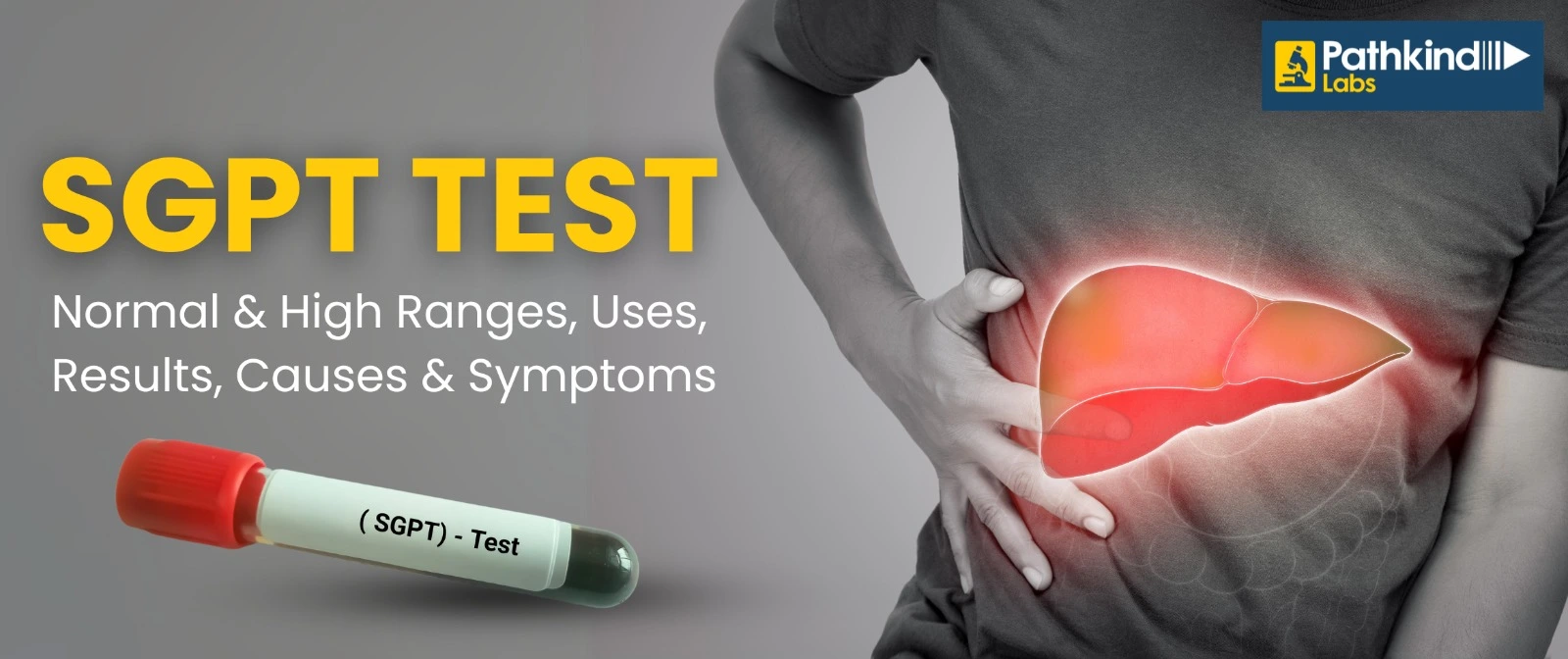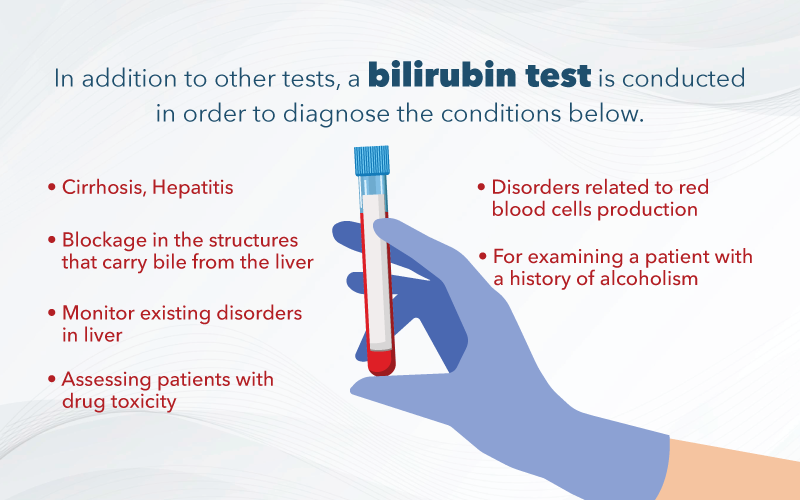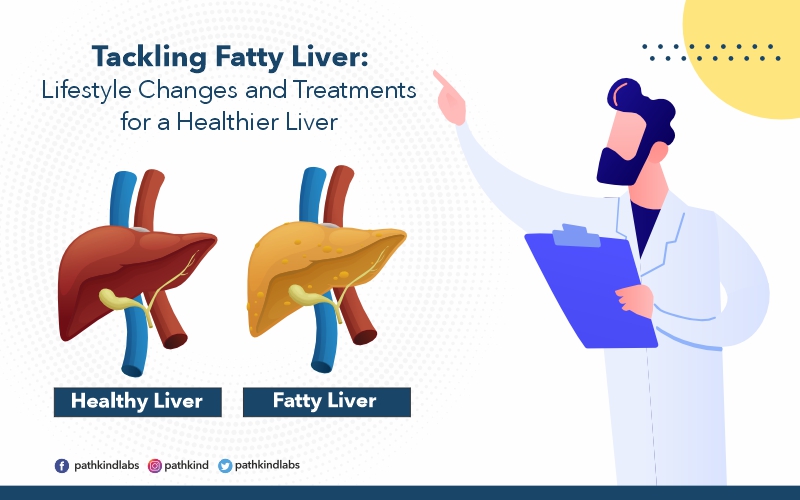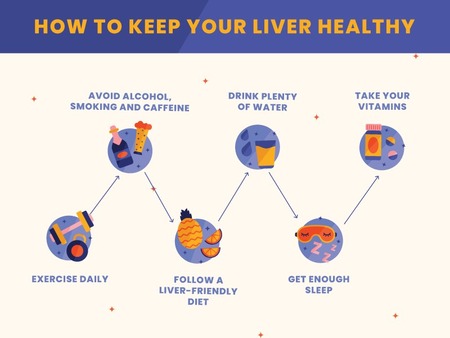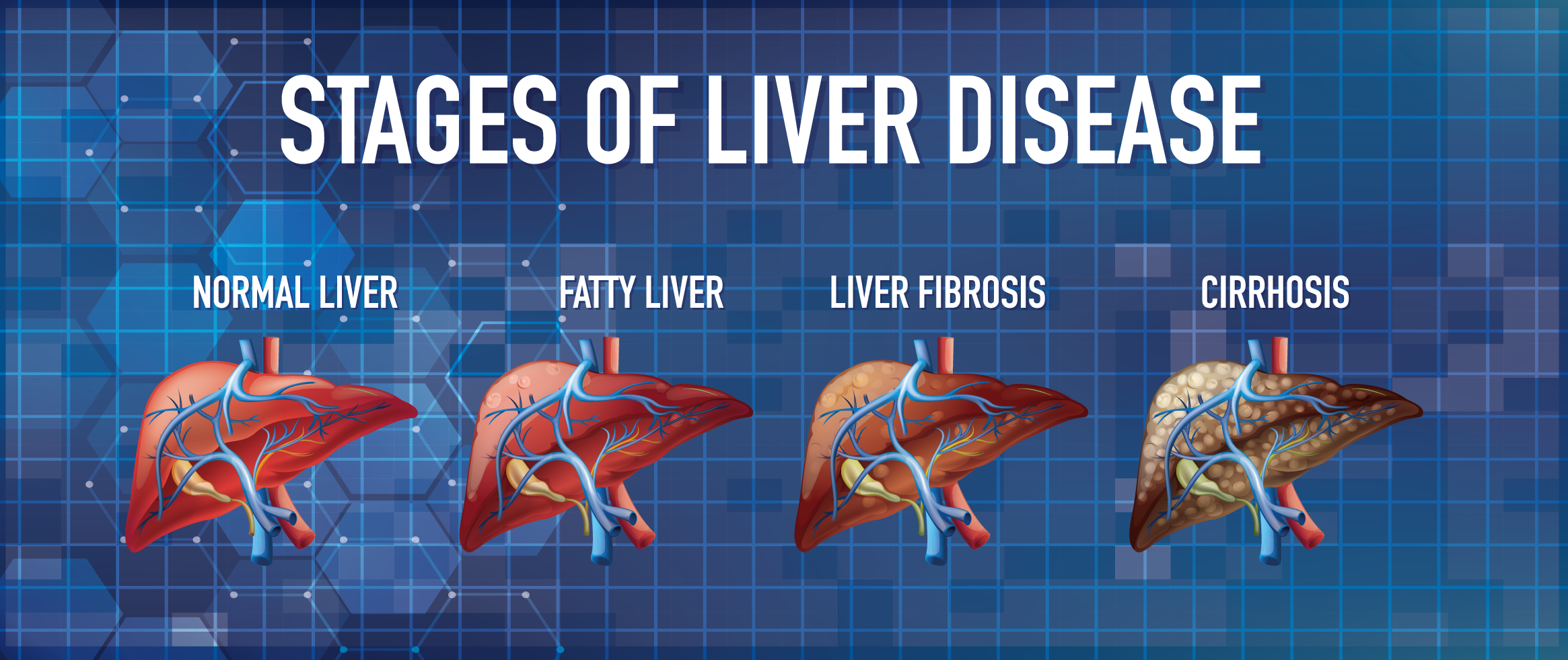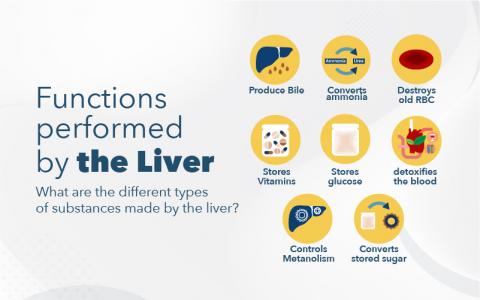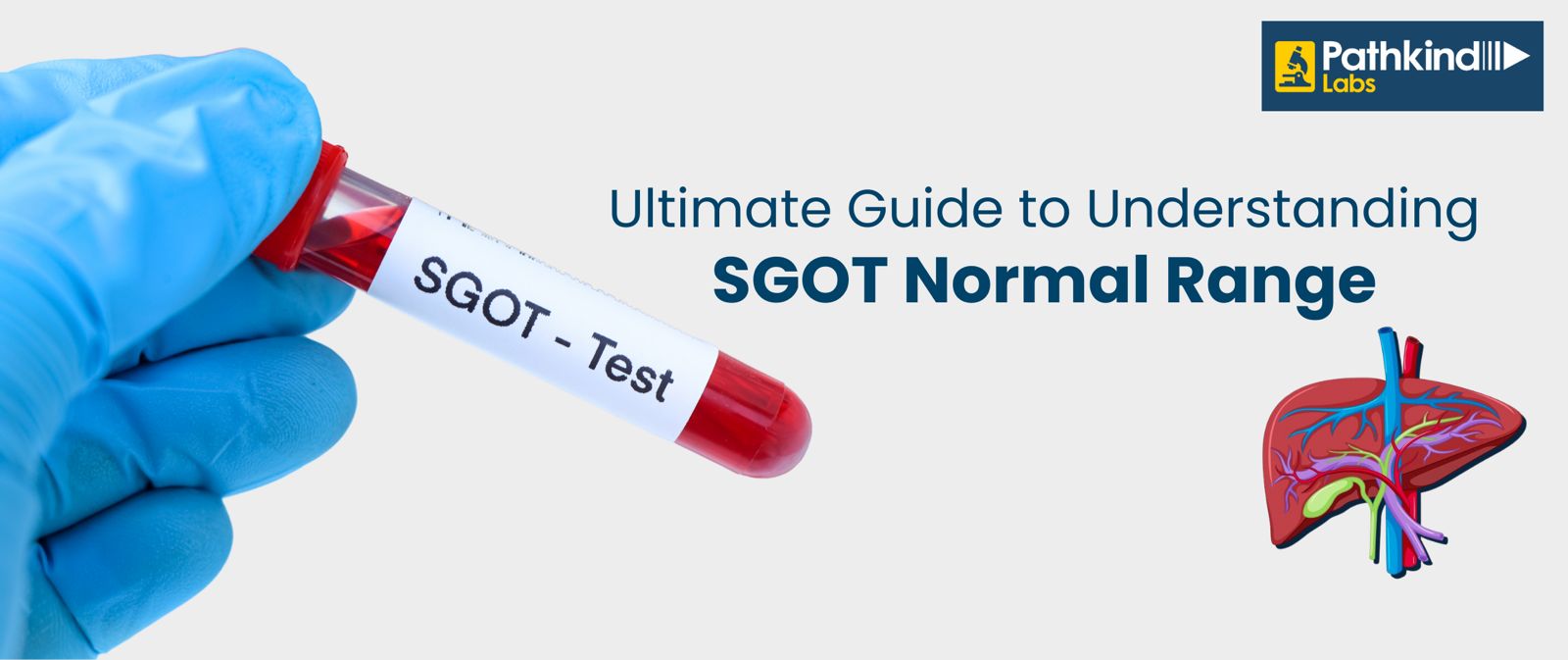SGOT/AST Test Overview
The liver and other parts of the body contain the enzymes SGOT (serum glutamic oxaloacetic transaminase) and AST (aspartate aminotransferase). To assess the condition of the liver and identify liver damage, they are frequently tested as part of a liver function test. Elevated levels of these enzymes in the blood can be a sign of liver disease, such as cirrhosis or hepatitis, or liver damage from other causes, like excessive alcohol consumption or certain drugs. The SGOT and AST tests are frequently performed in conjunction with other liver function tests like ALT (alanine transaminase), ALP (alkaline phosphatase), and bilirubin.
SGOT/AST Test Overview
The liver and other parts of the body contain the enzymes SGOT (serum glutamic oxaloacetic transaminase) and AST (aspartate aminotransferase). To assess the condition of the liver and identify liver damage, they are frequently tested as part of a liver function test. Elevated levels of these enzymes in the blood can be a sign of liver disease, such as cirrhosis or hepatitis, or liver damage from other causes, like excessive alcohol consumption or certain drugs. The SGOT and AST tests are frequently performed in conjunction with other liver function tests like ALT (alanine transaminase), ALP (alkaline phosphatase), and bilirubin.
Why Is SGOT/AST Test Done?
To assess the condition of the liver and identify liver disease, the SGOT (serum glutamic oxaloacetic transaminase) and AST (aspartate aminotransferase) tests are routinely conducted as part of a liver function test. The SGOT and AST tests are frequently taken for the following reasons:
- To identify liver conditions such as cirrhosis or hepatitis.
- To track the development of recognized liver disease.
- To detect liver impairment brought on by excessive alcohol consumption or specific drugs.
- To examine someone with symptoms including exhaustion, abdominal pain, or jaundice (yellowing of the skin and eyes) for liver damage or functioning.
- In those who are at high risk for liver diseases, such as those with a family history of the condition or those who have certain underlying medical problems like diabetes, to monitor for liver damage.
Who Should Get Tested for SGOT/AST Test?
Depending on the patient's medical history and symptoms, different persons may need to be tested for these enzymes, although some typical populations for which the SGOT and AST tests may be advised include:
- Those who experience lethargy, abdominal pain, or jaundice (skin and eye yellowing), which are signs of liver illness.
- Individuals who have a high risk of developing liver diseases, such as those with a family history of the disease or certain underlying diseases including diabetes or obesity.
- Those who have been exposed to viral illnesses like hepatitis or others that can harm the liver.
- Individuals with a history of excessive or abusive alcohol use.
- Those who are taking medicines that can harm the liver, such as some antibiotics, antidepressants, or painkillers.
- People who have received a liver transplant or who have a history of liver illness should be watched for complications or signs of rejection.
- Those who are known to have suffered a liver trauma or injury, such as from a fall or a car accident.
How Do I Prepare for SGOT/AST Test?
It is usually easy to prepare for the SGOT and AST exams, and it usually only takes a few straightforward steps. As you get ready for the test, keep the following in mind:
- Fasting: The test is often administered following an overnight fast, so for at least 8 hours before the test, you should refrain from eating or drinking anything other than water.
- Medication: It is crucial to let your doctor know if you are using any prescription drugs. Some drugs may need to be briefly stopped before the test since they can impact the test results.
- Alcohol: It is advised to abstain from alcohol for at least 24 hours before the test because it can alter the liver function and skew test results.
- Dress comfortably: On the day of the test, put on comfortable clothes and footwear.
- Share with your doctor any symptoms you are experiencing and any recent medical procedures you have had, such as surgery or radiation therapy, as they could alter the outcome of the test.
- It is vital to let your doctor know if you are expecting or nursing because it can impact the test results.
- Adhere to your healthcare provider's instructions; they will detail what you should do and what to expect on the day of the test.
What To Expect During SGOT/AST Test?
As part of a liver function test, the SGOT and AST tests are frequently carried out to assess liver health and spot liver disease. What to expect throughout the exam is as follows:
- Blood draws: A syringe and needle will be used to draw a tiny amount of blood from a vein in your arm. The process is similar to having a routine blood test.
- Discomfort: When the needle is inserted, you can experience a tiny sting or discomfort, but this should only last a moment and is typically not too severe.
- Results: Your healthcare practitioner will interpret the test results and give you the information after they are typically available in a few days.
- Additional test: Your healthcare practitioner may advise additional tests or imaging to confirm the diagnosis and to identify the cause of the liver damage if the findings of the SGOT and AST tests are abnormal.
- Aftercare: A band-aid or piece of gauze will be placed over the location where the blood was drawn so that you can resume your regular activities after the test. The rest of the day should be spent avoiding vigorous activities and heavy lifting.
Understanding SGOT/AST Test Results
Understanding the results of these tests can help you and your healthcare provider determine the cause of any liver damage and plan the appropriate course of treatment:
- Normal outcomes: Depending on the lab and the method employed, the normal range for SGOT and AST levels varies, but the levels are considered normal if they are less than 40 U/L for SGOT and fewer than 35 U/L for AST.
- Elevated outcomes: Elevated SGOT and AST values may signify liver illness or injury. Significantly increased levels could be a symptom of more serious liver injury. It is crucial to keep in mind that these test findings are not always a sign of liver disease and that more tests, such as imaging, might be necessary.
- Additional variables that may have an impact on the outcomes: These additional variables may include medication use, alcohol intake, and pregnancy. When evaluating the findings, your healthcare professional will consider these aspects.
- Findings from further tests: To provide a fuller picture of the liver's health, the results of additional liver function tests, such as the ALT (alanine transaminase) test, are typically considered in addition to the SGOT and AST test results.



 NABL approved
NABL approved  Most Trusted by
Most Trusted by  Accuracy &
Accuracy &  Widest Range
Widest Range 













